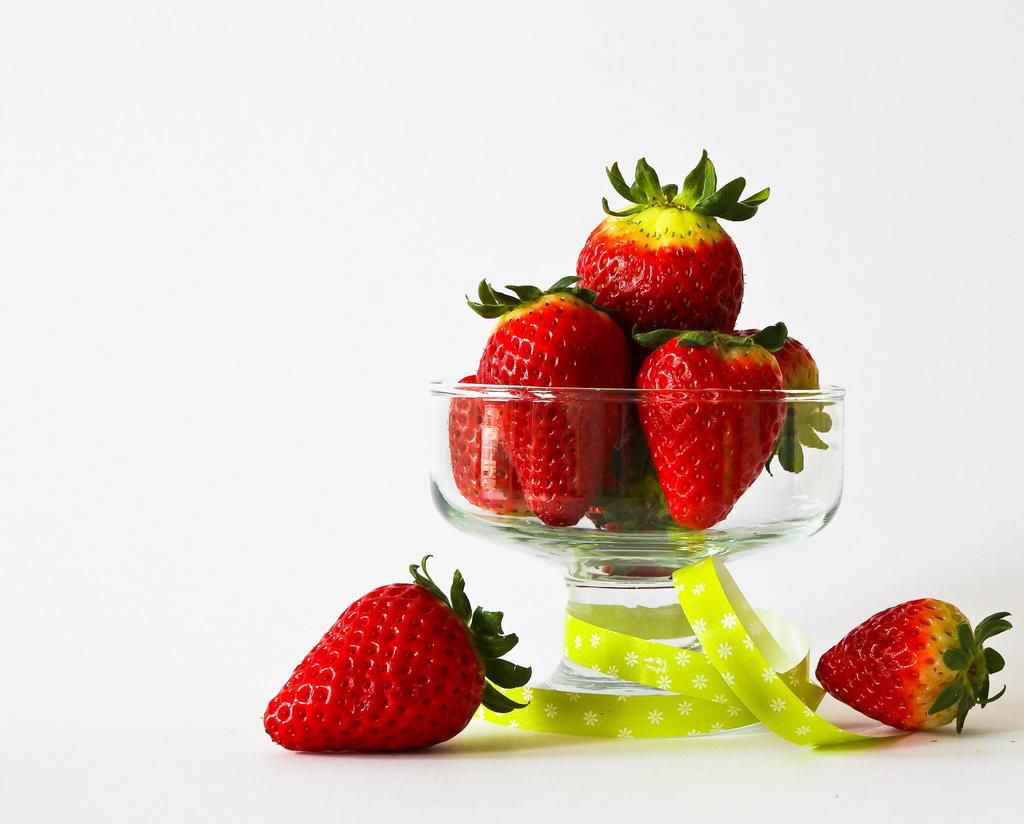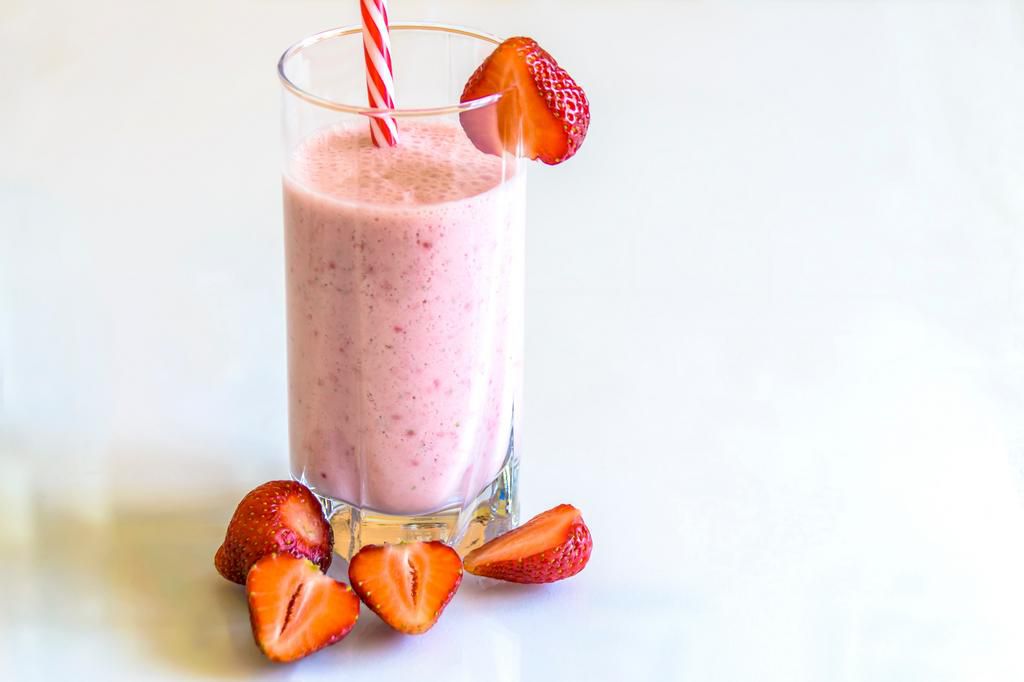Not only are they overrated, strawberries can also give you Hepatitis A
)
The outbreak forced a voluntary recall of strawberry fruits and by-products such as frozen berry blends to the Food and Drug Administration (FDA) in the United States.
This is the second recall this year alone since the first in April.
In 2016, there was also an outbreak which was linked to frozen strawberries.
It is important to note that all foods are at risk of contamination with the hepatitis A virus if handled by someone who has come into contact with the virus. However, this study indicates that foodborne disease outbreaks are more commonly associated with organic foods than conventionally grown foods.

According to Medical News Today, one of the pitfalls of strawberries is that they may contain high pesticide residue. Each year, the Environmental Working Group (EWG) produces a list of fruits and vegetables with the highest levels of pesticide residue, known as the “Dirty Dozen” and strawberries are notorious for ranking high up on this list often.
How does the hepatitis A virus infect you?
Hepatitis A is transmitted through ingestion of something that contains the virus. This can happen when consuming contaminated food or water, not washing your hands after contact with contaminated items, or through oral-anal sex.
How do you know if you’ve been infected?
Hepatitis A symptoms include nausea, diarrhoea, loss of appetite, fever and feeling tired. Rare consequences include liver failure or death.

How to protect yourself from Hepatitis A
Get vaccinated against hepatitis A. It is available to anyone over 12 months of age and provides 95% protection for over 10 years.
Wash your hands thoroughly with soap and warm water after handling raw foods, changing diapers, using the bathroom or before eating.

)
)
)
)
)
)